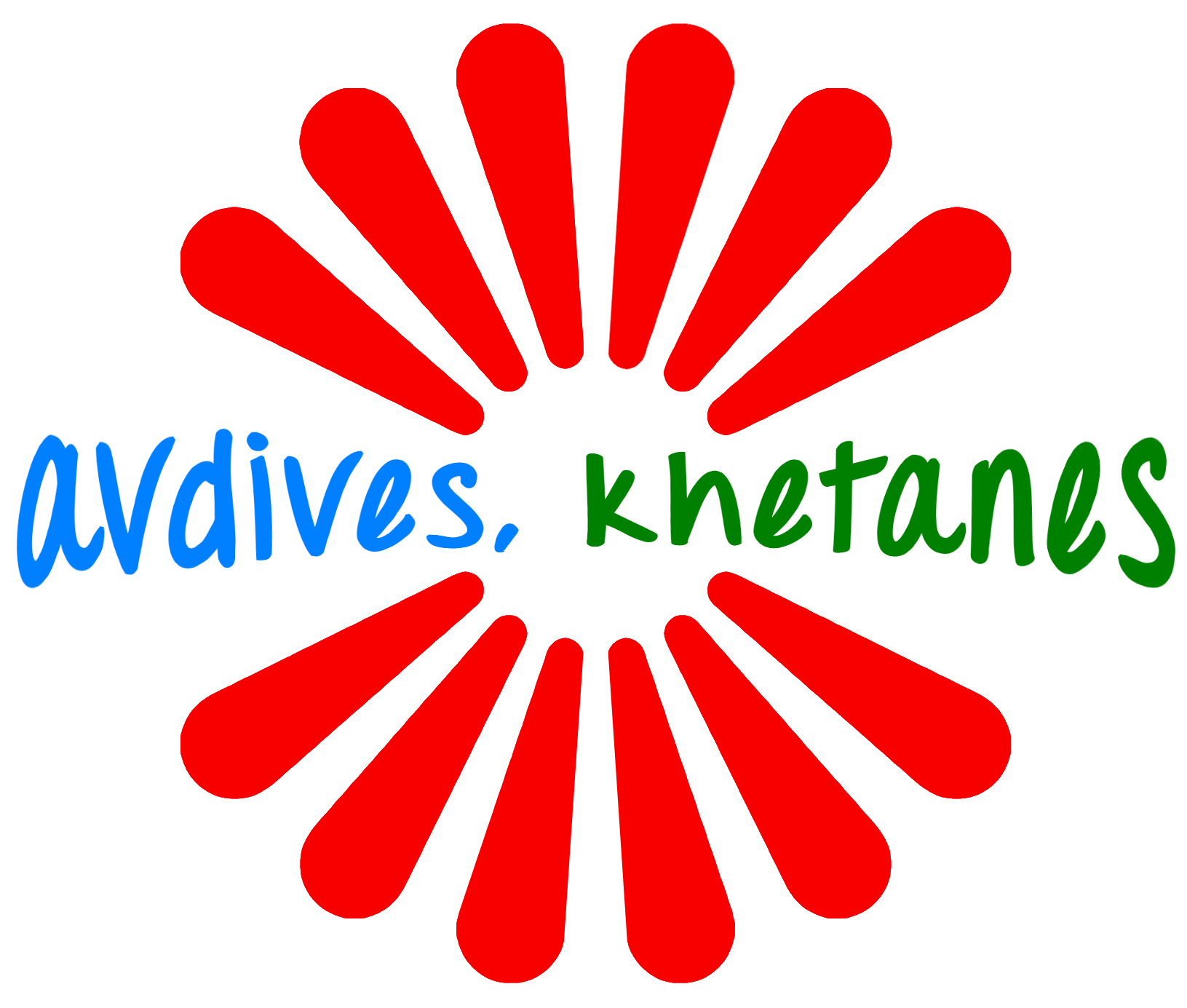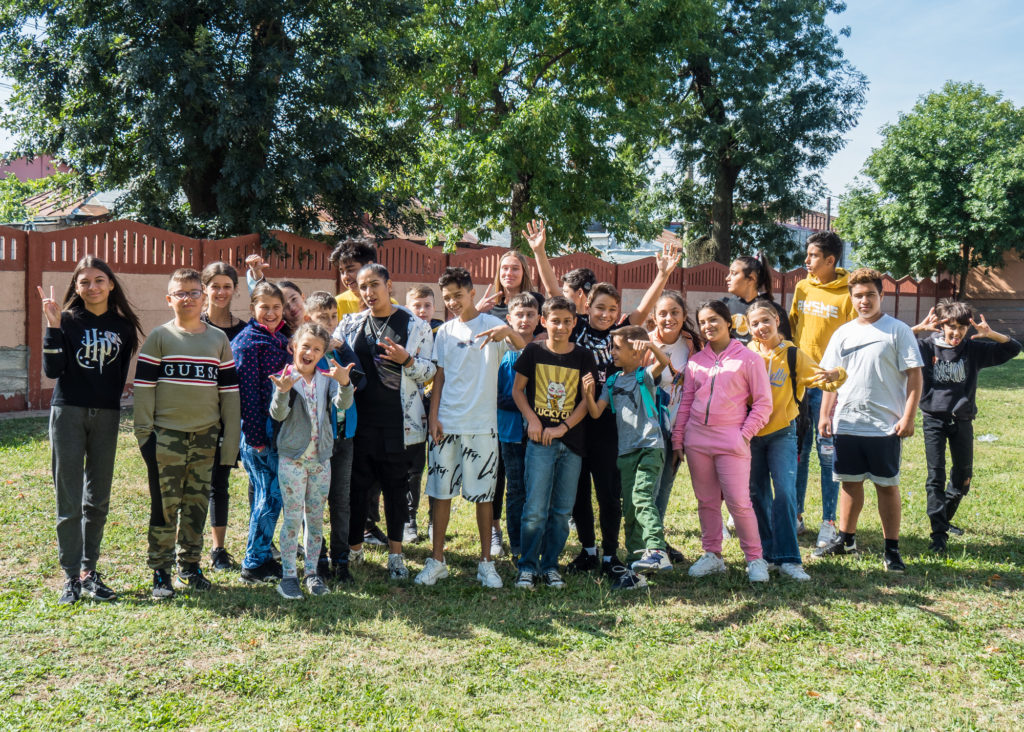For centuries, music has been the only way Roma people could carry on with their culture, traditions, language, and even myths. However, after the collapse of communism, the world suddenly had access to a wide variety of music from this culture.
In the early 1990s, the Balkan Roma began appearing in films by Yugoslav and French directors (Emir Kusturica, Tony Gatlif), while the Western world increasingly embraced their colorful musical styles.
The attraction was precisely this very diverse music, sounds created in distant Asia, then polished by a bitter European experience, accompanied by a language that only a few could interpret. A tongue like a mermaid’s song, luring curious ears to the east through the villages and slums of the Balkans…
Read the complete version here.
Creative teenagers and young adults who grew up in Ferentari neighborhood in Bucharest write articles about Roma culture, with editorial guidance, as part of “Avdives, Khetanes!” (translation “Today, together!”) project implemented by Amfiteatru Foundation.
“Avdives, Khetanes!” aims to increase inclusion and develop the premises for a better quality of life for Roma children in Belin commune, Covasna county and in Ferentari marginalized neighbourhood (Sector 5, Bucharest).
The project is implemented by Amfiteatru Foundation in partnership with Belin Community Development Association for Belin commune and by Amfiteatru Foundation in partnership with the City Hall of Sector 5 for Ferentari and benefits from a 856.678 euros grant from Iceland, Liechtenstein and Norway through the SEE and Norway Grants as part of the Local Development Program.

